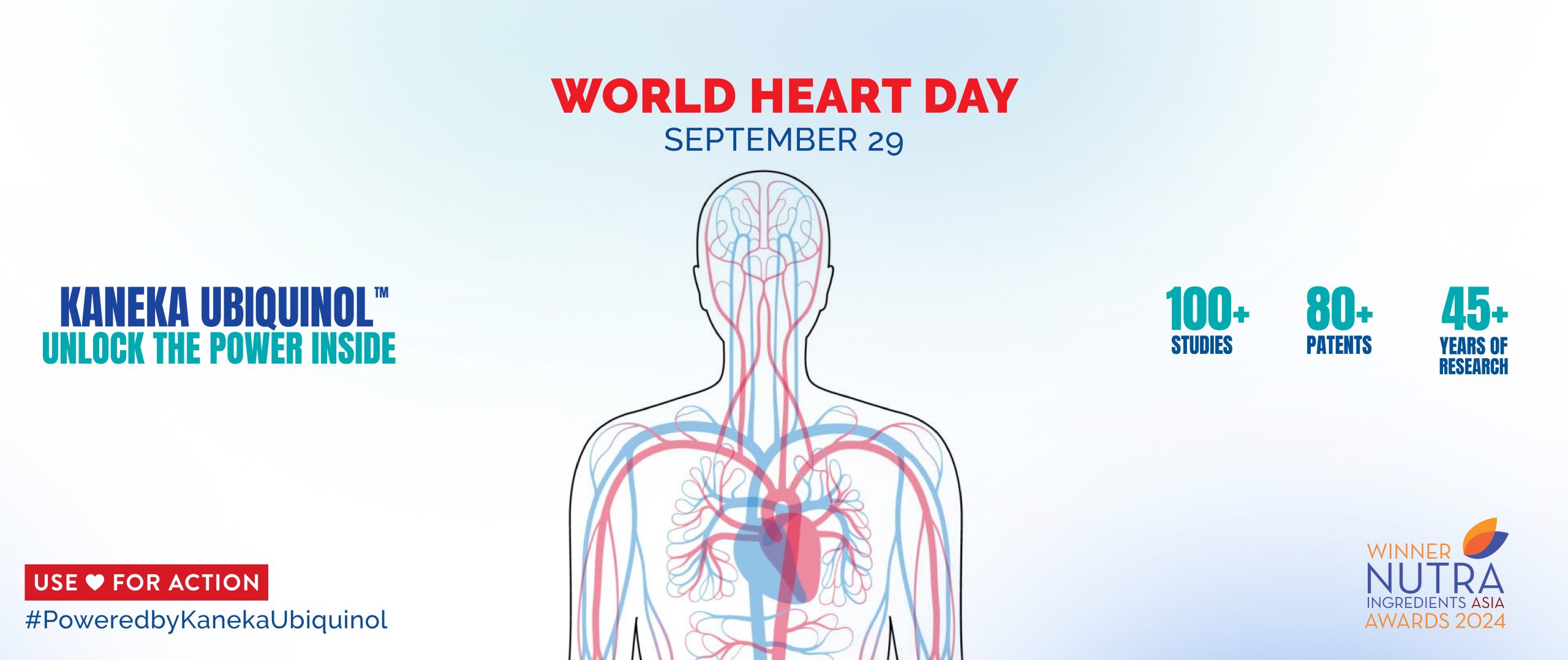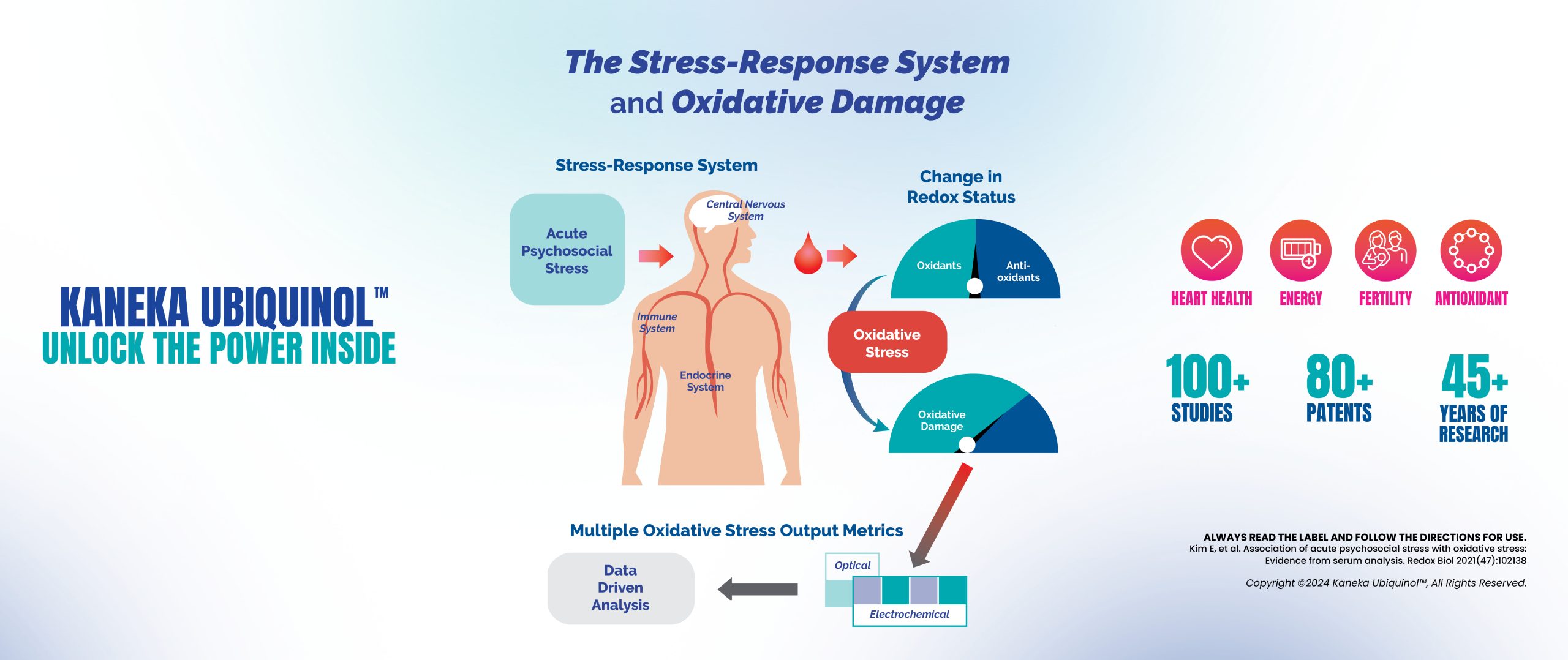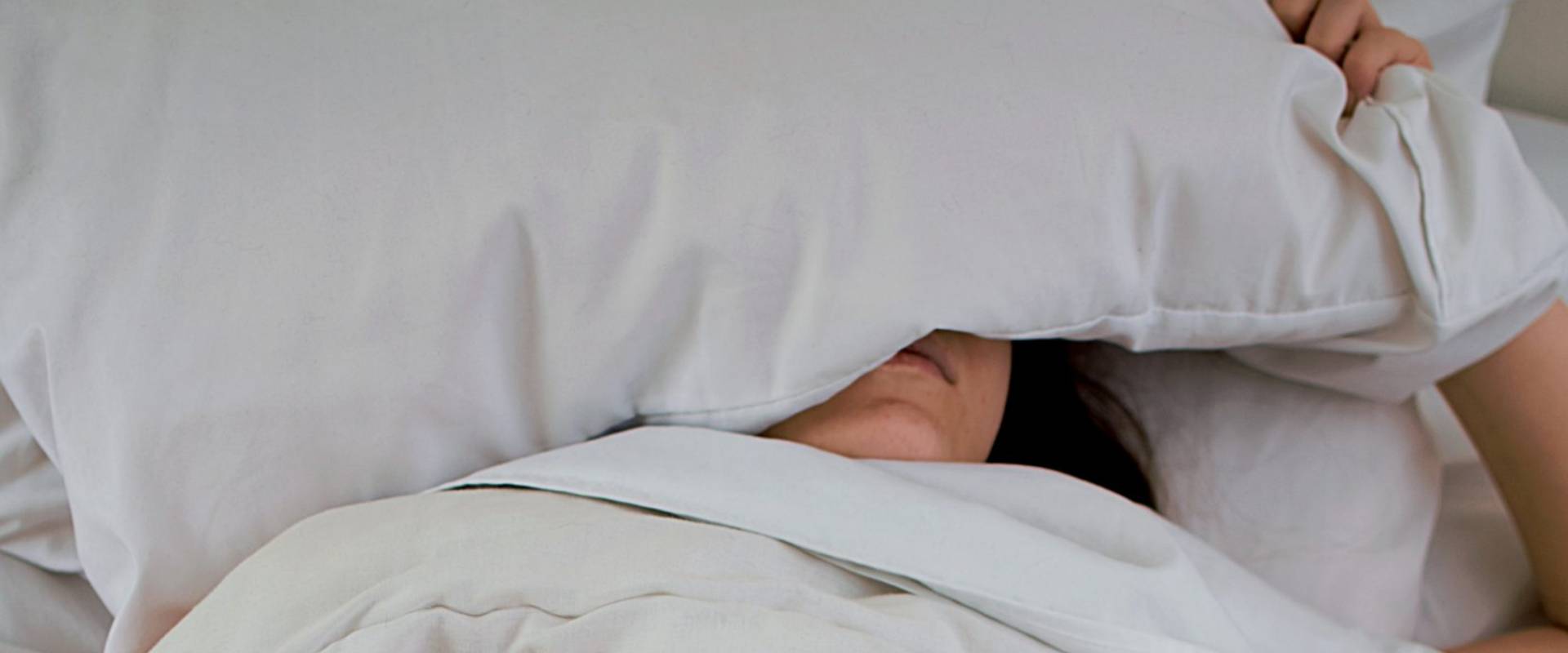
Sleep: The secret Ingredient for better health
Aug 2020Recent Article
An average person will spend nearly 229,961 hours (nearly a third of a lifetime) doing this activity without even realising – for some, it’s the time of day they look forward to the most!
Sleep is a necessary and important part of a healthy lifestyle. If you’ve noticed an inconsistent spike in your energy levels, as well as increased strain on your body, it could be possible that you’re not getting the correct amount of sleep to sustain an active lifestyle.
Read on for some great tips on improving the quality of your sleep today!
Are you getting enough sleep?
It’s no secret that many of us are struggling with maintaining a healthy balance between work and play – and unfortunately, this is taking a toll on our sleep schedule.
Nearly 20-30 per cent of the general population experiences poor sleep[1], highlighting the toll that longer work days and strenuous schedules are taking on every day Australians. If you’re feeling grumpy around loved ones, or struggling to have the energy to spend time with family and friends, it’s most likely a warning sign that you’re not getting quality sleep[2].
Try and aim for seven hours a night and you’ll immediately notice the difference it can make not only to your general health, but also your quality of life.
Establishing a Sleep Schedule
Consistency is key towards creating a healthier you – whether that’s through aiming for 5 serves of vegetables or 30 minutes of exercise a day, sleep is no different. That’s why many health professionals point towards the importance of a sleep schedule.
Taking into account your daily routine, going to bed at the same time every night is a fantastic way to reset your body’s biological clock. Avoiding Caffeine late in the day and limiting screen time (like your phone, tablet or computer) are incredibly helpful towards maintaining a disciplined sleep schedule that benefits you and your health.
Managing Stress with Ubiquinol
Stress is often linked to poor sleep quality – supplementing with Ubiquinol (the naturally occurring form of the Co-Enzyme CoQ10) could prove the difference in reducing stress levels and helping make sure you get the rest you need to power through your day.
In a study on AHA journals, patients who took Ubiquinol showed an improvement in the plasma CoQ10 levels and improvement in heart function[3].
Speak to your healthcare practitioner to find out which supplement is right for you. Always read the label and use only as directed.
[1] Curr Psychiatry Rep. 2013 Dec;15(12):418. doi: 10.1007/s11920-013-0418-8.
[2] J Psychosom Res. 2004 Nov;57(5):427-33.
[3] https://www.ahajournals.org/doi/full/10.1161/CIRCHEARTFAILURE.115.002639
You can share this by:
Keep up-to-date with Ubiquinol News
Ubiquinol Headlines
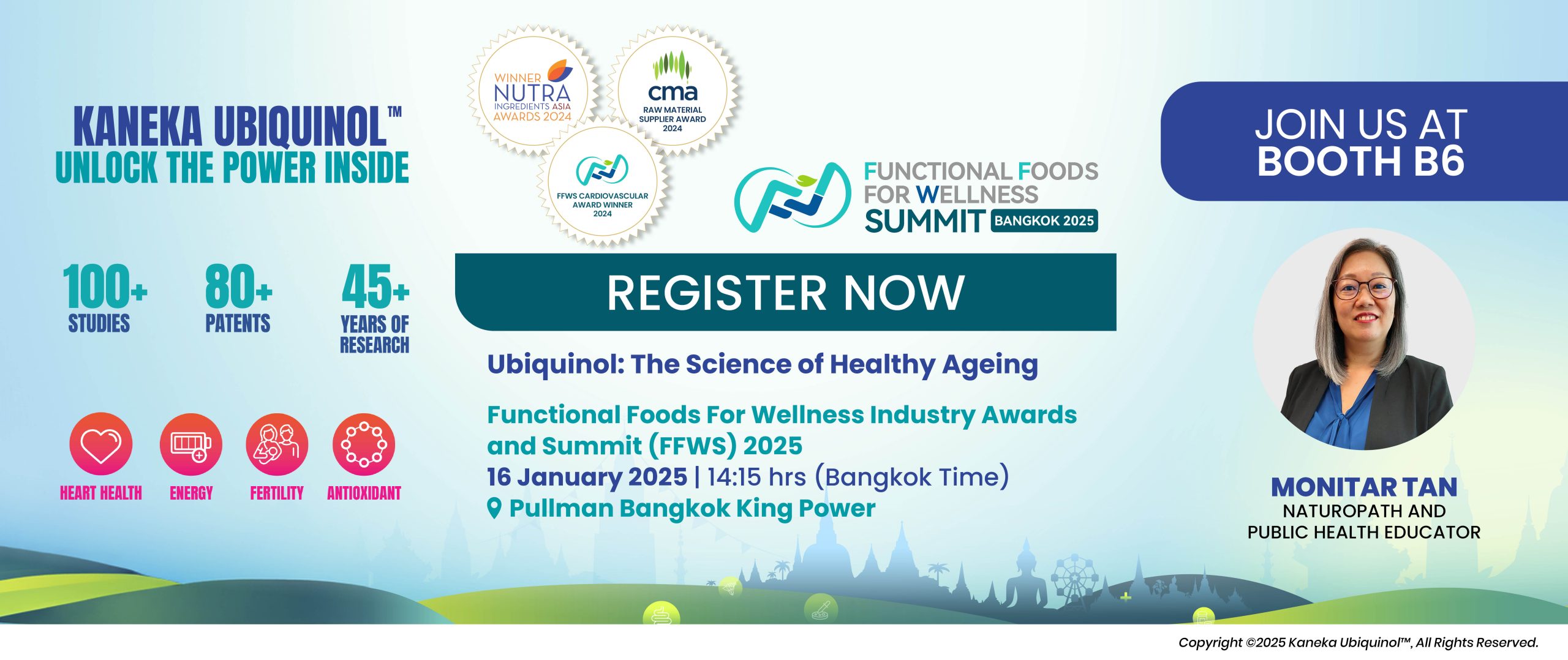
Kaneka Ubiquinol™ at Functional Foods for Wellness Industry Awards and Summit, #FFWS2025
Jan 2025Category: Ageing, Antioxidants, Awards, cardiovascular health, Conference, Conferences, Energy, Fatigue, FFWS2025, Health, Health Industry, healthy ageing, Kaneka, Menopause, Mitochondrial health, Nutrition, Ubiquinol, VitaminsRead More
Kaneka Ubiquinol Wins Prestigious Complementary Medicines Raw Material Supplier of the Year Award 2024
Dec 2024Category: Ageing, Awards, cardiovascular health, complementary medicine, Conference, Conferences, Endurance, Energy, Fatigue, Fertility, Fitness, Health, Health Industry, healthy ageing, Heart, Immunity, In The News, Kaneka, Lungs, Memory, Mitochondrial health, Nutrition, Online, Stress, Ubiquinol, Vitamins, wellnessRead More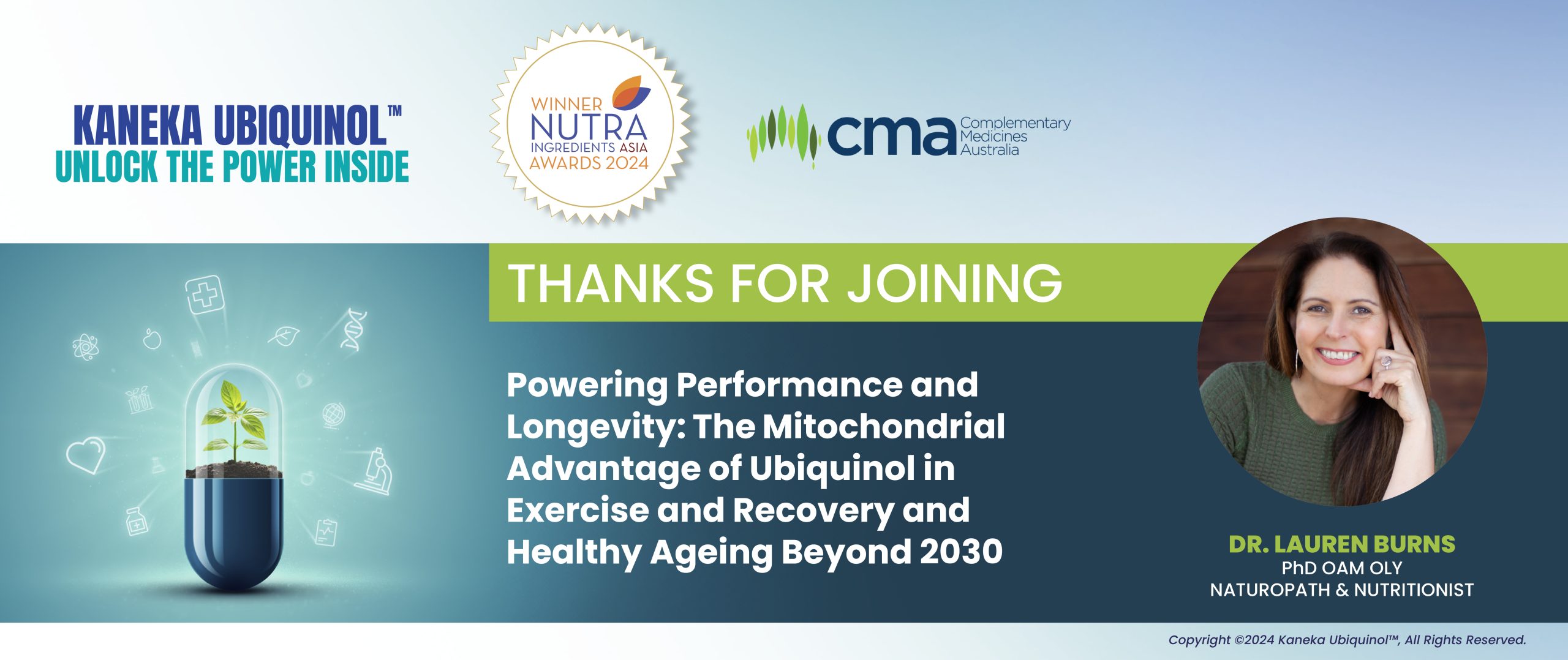
“Powering Performance and Longevity: Kaneka Ubiquinol™ at the CMA Annual Conference 2024”
Nov 2024Category: Ageing, Antioxidants, Awards, cardiovascular health, chronic fatigue syndrome, complementary medicine, Conference, Conferences, Endurance, Energy, Fatigue, Fertility, Fitness, Health, Health Industry, healthy ageing, Heart, In The News, Kaneka, Mitochondrial health, Online, Ubiquinol, VitaminsRead More
Natural Health Product Innovation Expo 2024
Nov 2024Category: Ageing, Antioxidants, cardiovascular health, Cholesterol, chronic fatigue syndrome, Conference, Conferences, Endurance, Energy, Fatigue, Fertility, Fitness, Health, Health Industry, healthy ageing, Heart, Kaneka, Menopause, Mitochondrial health, NHNZ, Nutrition, Stress, Ubiquinol, Vitamins, wellnessRead More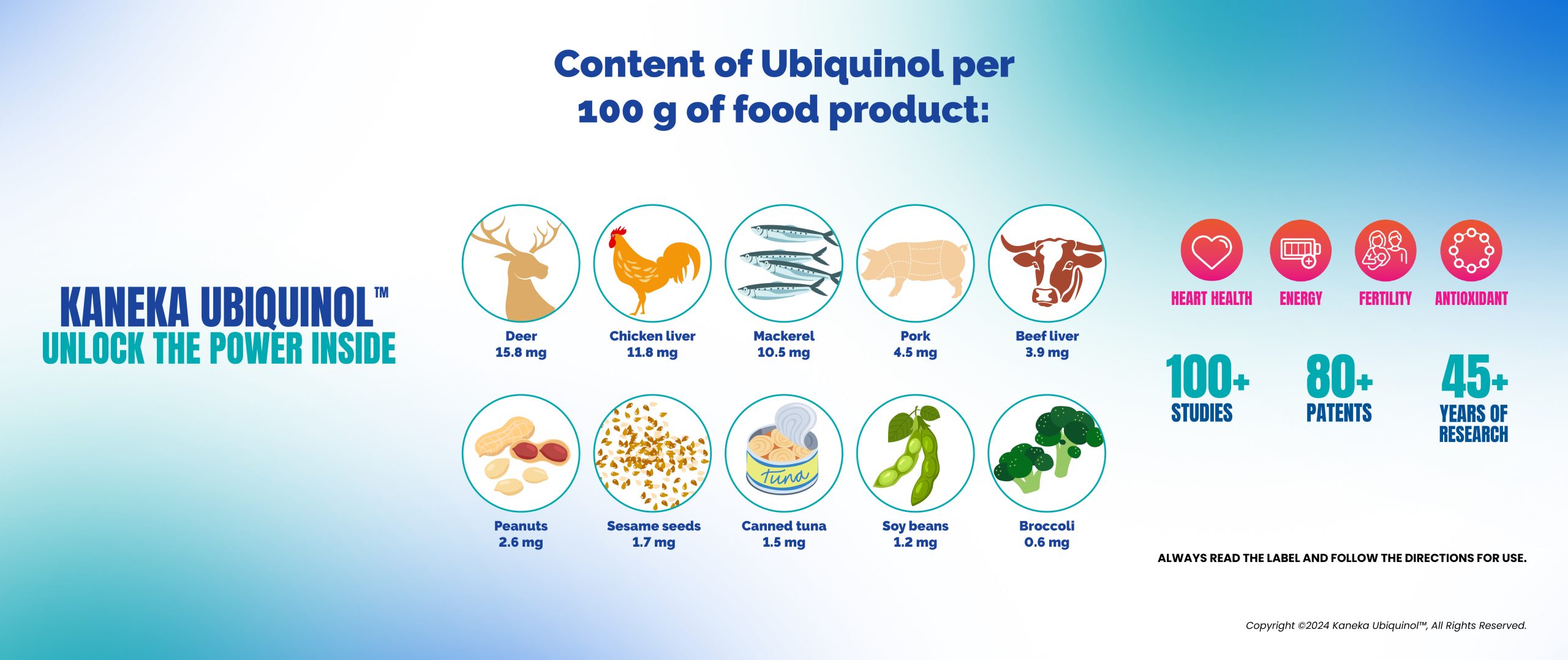
Ubiquinol: The Overlooked Nutrient for Vegans and Vegetarians
Oct 2024Category: Ageing, Antioxidants, Cholesterol, complementary medicine, Endurance, Energy, Fatigue, Fitness, Health, Health Industry, healthy ageing, Heart, Mitochondrial health, Nutrition, Stress, Ubiquinol, vitafoods, Vitamins, wellnessRead More
Investigating the Application of Ubiquinol in Mitochondrial Function
Oct 2024Category: Ageing, Antioxidants, cardiovascular health, Cholesterol, chronic fatigue syndrome, Endurance, Energy, Fatigue, Fertility, Fitness, Flu, Health, Health Industry, healthy ageing, Heart, Immunity, In The News, Kaneka, long covid, Lungs, Memory, Menopause, Mitochondrial health, myalgic encephalomyelitis, Nutrition, post pandemic, Stress, Ubiquinol, Vitamins, wellnessRead More
Kaneka Ubiquinol™ at VitaFoods Asia 2024, Bangkok
Sep 2024Category: Ageing, Antioxidants, Awards, cardiovascular health, Cholesterol, chronic fatigue syndrome, complementary medicine, Conference, Conferences, Endurance, Energy, Fatigue, Fertility, Fitness, Health, Health Industry, healthy ageing, Heart, Immunity, In The News, Kaneka, Memory, Menopause, Mitochondrial health, Nutrition, Stress, Ubiquinol, vitafoods, Vitamins, wellnessRead More